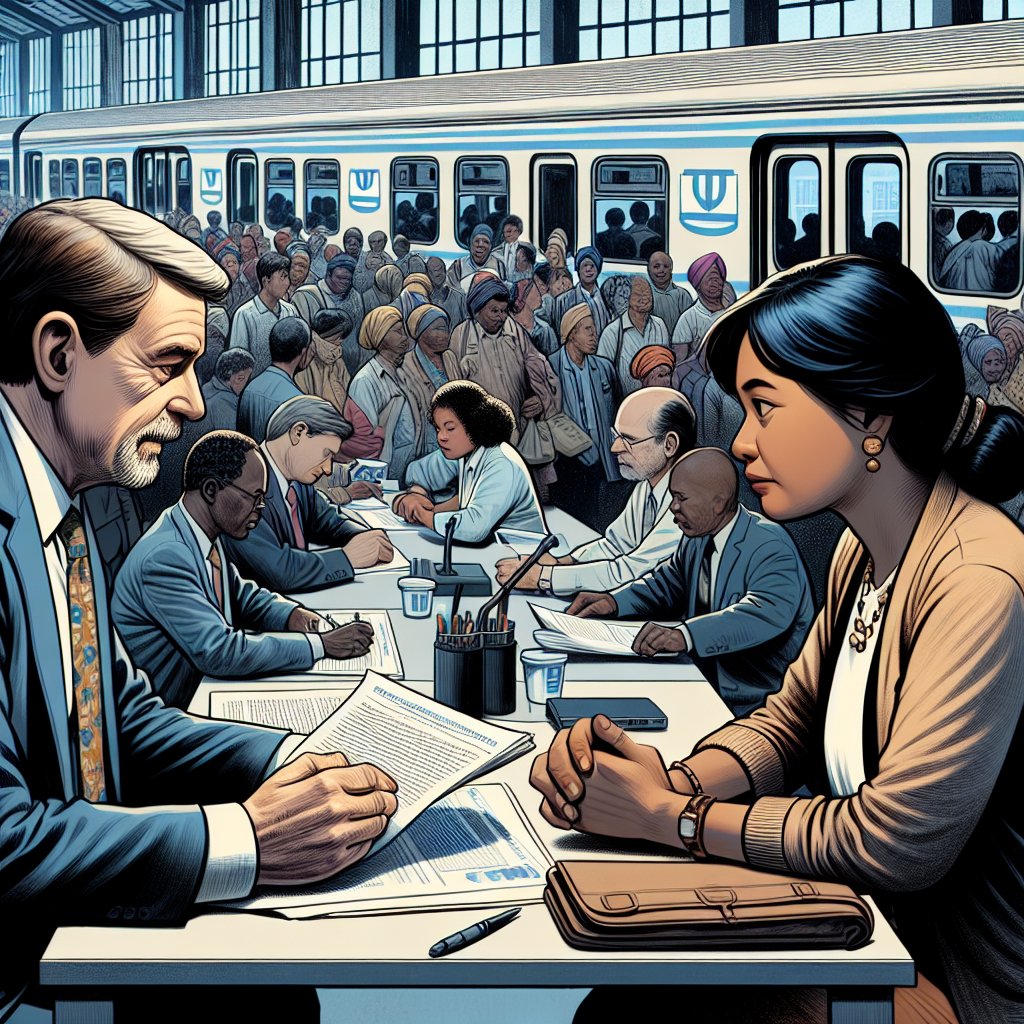Image: AI generated for illustration purposes
PRASA and Unions Reach Critical Wage Agreement, Averting Strike
In a significant development for the South African public transport sector, the potential disruption to the Passenger Rail Agency of South Africa (PRASA) services has been averted following a consensual wage agreement. The settlement was concluded with key labour unions, ensuring that the operations of the agency, crucial for the daily commute of thousands, remain uninterrupted.
Earlier in the financial year 2023/2024, PRASA was engaged in a critical negotiation with the United National Transport Union (Untu) and the South African Transport and Allied Workers’ Union (Satawu). The unions originally presented a considerable demand for a 15% salary increment, which became the crux of the negotiations.
The financial constraints of PRASA were evident from the beginning, with the agency offering a mere 3% increase, signaling the fiscal challenges the organization was grappling with. However, after protracted discussions, the two sides managed to reach common ground with an agreement for a 5% salary increase. Along with this salary adjustment, a significant assurance was made with a moratorium on retrenchments for the duration of the agreement.
Des Le Roux, the chief negotiator for PRASA, was candid about the economic position of the agency, highlighting that the granted 5% increase was not indicative of an abundance of financial resources. Le Roux emphasized the necessity for the workforce to understand that the current financial situation still posed challenges. It was noted that effort was still required to rebuild the organization and restore the revenue levels that were previously the norm.
On the union front, Satawu's General Secretary, Jack Mazibuko, acknowledged that while not all their wage demands had been met, there was a level of satisfaction with the agreement reached. He expressed contentment with the outcome, noting the importance of maintaining a dialogue with PRASA and indicated that preparation for future wage negotiations, set to commence early in 2024, was already on the unions' agenda.
This wage agreement is not only a relief for the employees but also for the countless South Africans who rely on PRASA's rail services for their daily commute. Managing to avoid a strike, which would have caused considerable inconvenience and potentially strained the nation's economy, represents a significant achievement.
The PRASA wage negotiation and agreement demonstrate the potential of dialogue and compromise in the labor sector. Both service providers and labor unions carry the responsibility of maintaining the balance between fair labor practices and operational viability. As PRASA looks to a future of rebuilding and revenue restoration, the positive outcome of these negotiations suggests a cooperative framework can be established to the benefit of all stakeholders involved.










